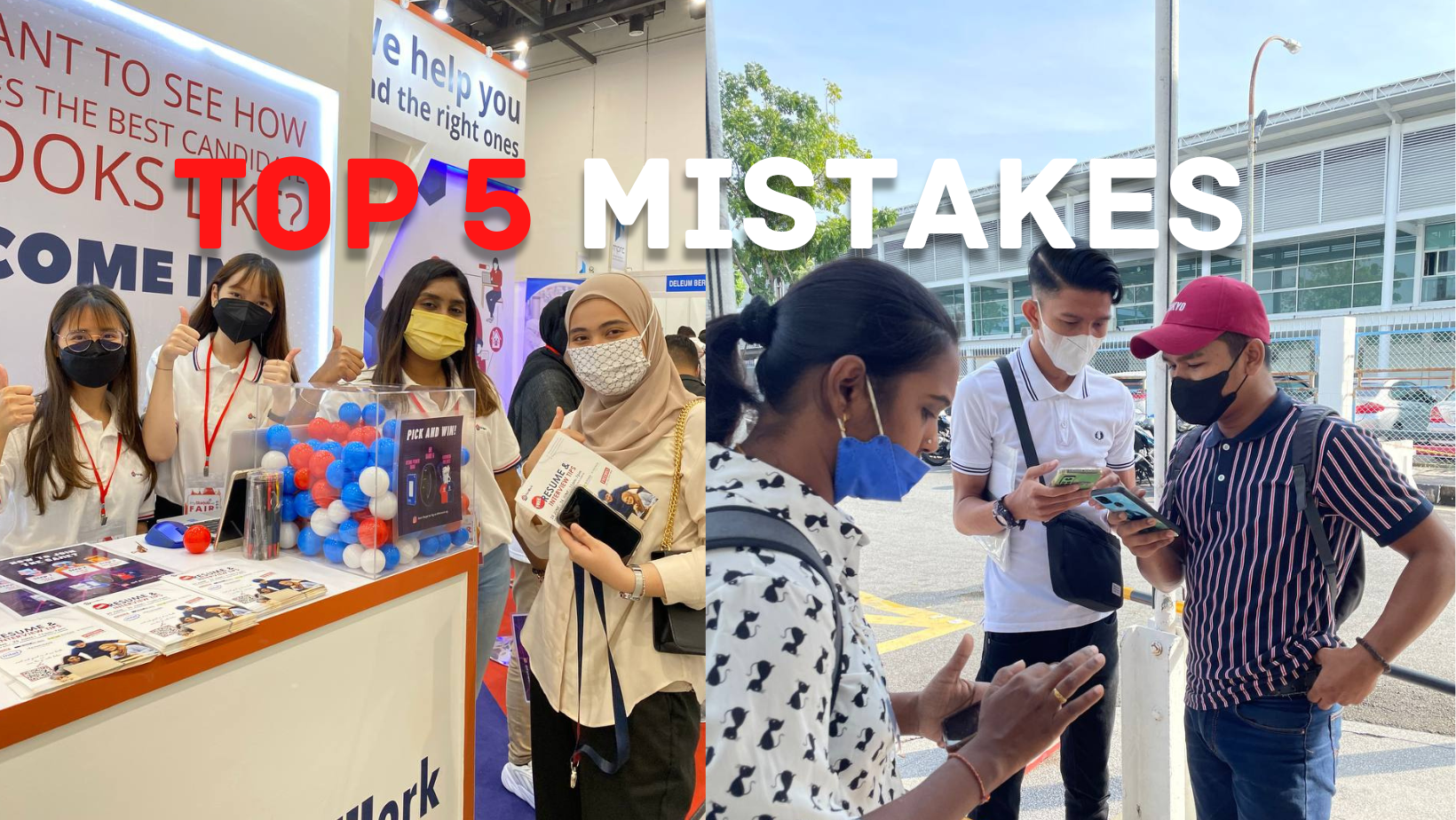Introduction
When you apply for a job, you want to make sure that your resume is as strong and effective as possible. But knowing what can be improved on your resume doesn’t mean much if you don’t know what mistakes to avoid in the first place. Here are 5 common mistakes we see on resumes – and how you can avoid them!
Your Resume Isn’t Focused
Don’t include irrelevant information. If you’re applying for a position that requires you to travel, don’t include details about every trip you’ve taken in the last year. Keep your resume focused on relevant content and make sure it’s clear what jobs you are applying for.
Don’t include too many details. Your resume should be no longer than one page unless otherwise specified by an employer or recruiter. Include only enough detail so that hiring managers can clearly understand what value you bring to their companies and why they should consider hiring you instead of other candidates who may have similar backgrounds but less experience in certain areas (like communication skills).
Don’t include information that is not relevant to the job you are applying for.
Some people think this means leaving out anything that has nothing at all do with their work history or current employment situation—but if there is any possibility whatsoever that something could come up as part of an interview process, leave it on there! For example: If someone notices your participation as co-chair on three different committees over five years ago… well then guess what? They won’t forget!
Your Resume Is Outdated
The resume is an important part of your job search, but it’s not the only document you need. In fact, many people put so much time into writing their resumes that they neglect other pieces that are equally as important—and sometimes even more so.
If you want to get hired quickly and easily, it’s crucial that your skills and experience stay current. As soon as you learn anything new or acquire any certifications or degrees, add them to your resume right away! It’s also helpful to keep tabs on what positions are in demand in different parts of the country so you can tailor your job search accordingly.
You’re Tooting Your Own Horn Too Much
Avoid making it all about you.
You may be a skilled professional, but that doesn’t mean your resume should be an outline of everything you’ve ever done in your career. Instead, focus on the hard numbers and facts that showcase your value as a candidate: accomplishments, results, skills, education and experience.
It’s not enough to say that you’ve been an employee for 20 years—show how long it took for you to become a manager or director (and what role management plays in moving up in an organization). Include quantitative information about any publications or patents associated with your name or work history; these will demonstrate how much readers can trust what they see on their screen without meeting them face-to-face first!
You’re Submitting an Incomplete Resume
The first mistake people make is submitting an incomplete resume.
When you submit a resume, you should always include the following:
- A cover letter that explains why you are interested in the job and how you can contribute to their organization.
- References from previous employers and/or professors who can speak to your work ethic, leadership skills and potential.
- A list of all relevant experience (internships, extracurricular activities, etc.) as well as any awards or recognitions received along with a short summary of what they mean to your career goals going forward. This section should also include details on any community service work done during college or since graduation (volunteering at soup kitchens).
You’ve got one chance to make a first impression.
- Your resume is your first impression on a potential employer, and you have one chance to make a good first impression.
- Your resume is your chance to sell yourself and show what skills you have that can help the company.
- There are plenty of other resumes in the stack for the hiring manager to review, so stand out from the crowd by making a good first impression–your resume could be all that stands between you and getting hired!
Conclusion
Resumes are one of the first steps in a job application process, so it’s important to make sure your resume gets the attention it deserves. Make sure you avoid these mistakes as much as possible and your chances of getting an interview will increase exponentially!




